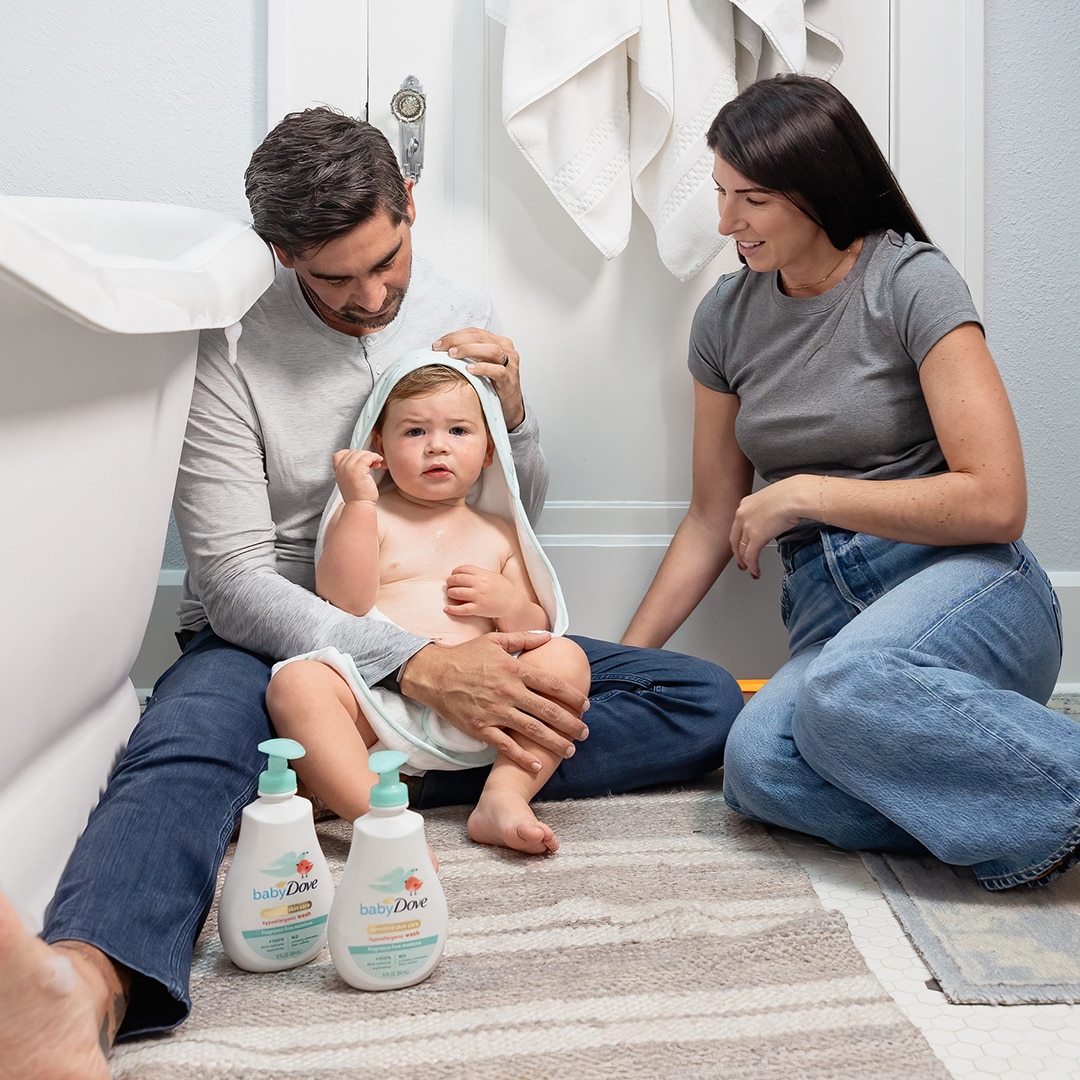Why self-care is important for men + society
Our study reveals that when men embrace care for themselves inside and out, it creates a ripple effect that benefits everybody in society. Male self-care doesn’t just have the power to change the world today, but for future generations as well.
With this study, we want to redefine what men’s self-care means, challenge the stereotypes of masculinity that can hold men back, and help more men care for themselves and their families, friends and communities.
Read our stats and tips to learn the benefits of self-care. And let’s start making that change together. Today, not tomorrow.
What is holistic self-care?
Practicing a variety of activities – including eating well, exercising, meditating, relaxing, socializing and daily skin care routines – helps improve our overall well-being. In turn, this holistic approach to male self-care – when men balance physical self-care, emotional self-care and social connection – helps us care more for others, too.
How does holistic self-care boost life satisfaction?
Our research proves men who stay in regular contact with people, ask for help, meditate, read books and focus on their diet – in short, who practice holistic self-care – are 2.2x more likely to feel balance in their lives, 1.6x more satisfied in themselves and 1.4x more satisfied with their partners.
Ways to practise self-care every day
Our study also shows that holistic self-care can help us create a world in which care is normalized as a trait of manhood and masculinity. So, what’s stopping so many men from embracing it?
Time demands, economic constraints, racial injustice and societal pressures to adhere to masculine stereotypes are all barriers that can hold men back from self-care. As Jadyn, one of our interviewees, states: “Caring for oneself can be seen as a feminine thing. And men who [practice holistic self-care] may be laughed about or become shamed.”
Guys: It’s time to support each other and break generational cycles together. But what does it mean to take care of yourself if you’re a man? Here are some tips to make holistic self-care part of your everyday routine:
Nurture your mental + emotional well-being
For the men in our survey, physical self-care is practiced on average 4x a week, while emotional self-care is practiced 3x a week and social connection only 2x a week. Experts say finding a better balance is vital.
“Think of men’s mental health as deeply connected to physical health,” suggests Dr Wizdom Powell. “Men should also consider focusing on mental health to demonstrate masculinity.”
Don’t let stereotypes hold you back
Men who adhere to masculine stereotypes are 14% less likely to care for their emotional and social needs. Previous research led by Promundo and Unilever also suggests these stereotypes are linked to negative health outcomes for everybody.*
Don’t forget to laugh, communicate + have fun
“Manage pain and emotions by laughing every day,” says Dr. Rashawn Ray, Professor of Sociology at the University of Maryland. “Talk to the funniest people you know daily. Communicate regularly with those you love. Refresh yourself by doing things you enjoy and exploring new hobbies.”
Teach your sons the definition of positive masculinity
Dr. Gary Barker, CEO and Founder of Promundo, believes teaching children social connection and emotional male self-care can change the world. “They cry, they connect, they listen, they care, they sleep when they need to, they are brave enough to walk off the field when they are hurt,” he says. “We need to find ways to make all those qualities the ones we all agree our sons (and daughters) need.”
Download our study for more remarkable stats and facts. And learn more about how to take care of yourself as a man, from mental well-being to the benefits of a daily grooming routine.
*Heilman, B., Barker, G., & Harrison, A. (2017). The Man Box: A Study on Being a Young Man in the US, UK and Mexico. Promundo-US & Unilever.
‘CARE LEADS TO CARE’
READ OUR FULL REPORT
Learn more about how caring for ourselves helps us better care for others.
Login or Register to download- Care Leads to Care (7 MB)









